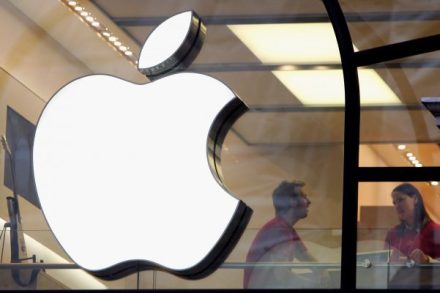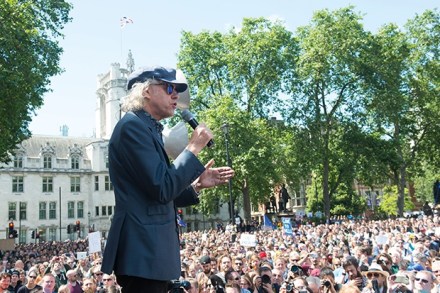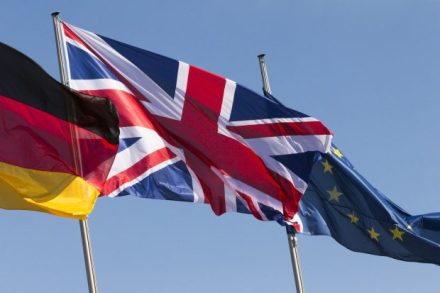Apple’s Irish tax bill is bad news for free-market liberals
So the European Commission has today released its much-delayed iTax. This time, it’s not an Apple innovation but a ruling ordering Ireland to claw back €13bn in back tax from Apple – a record penalty and one that the company and Ireland have both vowed to appeal. The Commission announced its decision in a typically terse ruling, in which they chuck rotten fruit at Ireland’s low corporate-tax environment. But whilst every one is talking about tax, this fracas between the EC and Ireland over Apple’s bill—what we here locally might call a ballyhoo—actually has less to do with one of the two inevitabilities of life, and much to do with the Commission’s Competition Commissioner, Margrethe Vestager. Vestager could barely


















